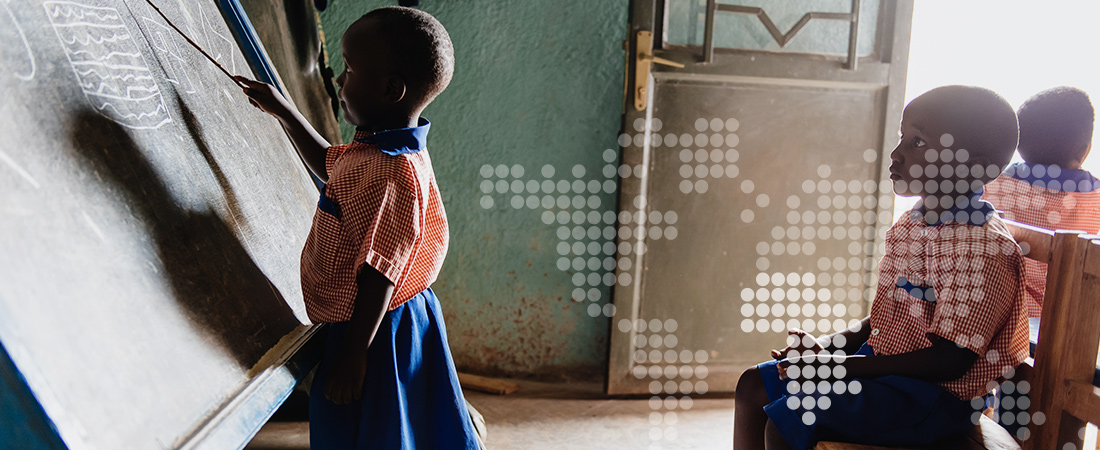
With a wave of investment transforming Africa’s educational, economic, and physical infrastructure, a bright future lies ahead for the continent’s 1 billion people. But realizing this promise will require innovative solutions to some persistent challenges, including conflict, illiteracy, and health crises.
EDC is committed to improving the lives of people across Africa. Our programs build entrepreneurship and economic opportunity, support ambitious education reform efforts, and develop solutions to pervasive public health issues, including HIV/AIDS. Across all of our work, we consult regional partners to create meaningful, effective programs that are informed by local contexts and are designed to be sustainable long into the future.
Projects
Resources
The purpose of this note is to detail an offer of support to national governments that are willing to develop sustainable financing strategies for national school feeding programs.
This report outlines the need to work together with new and unlikely allies, other than education actors alone, to reimagine how our interconnected systems—health, education, economic development, and the protection of our planet—can work toward Sustainable Development Goal 4: Quality Education and beyond.
Work Ready Now (WRN) is a versatile and modular skills curriculum designed to develop youth’s in-demand, transferable work readiness skills used in 28 countries and translated in 21 languages.
School meals programs offer proven benefits in health, nutrition, and education, especially for vulnerable children.
This case study from Rwanda explores the key components that drive improvements in youth skills and employment—equitably and at scale.
This report presents results of the endline literacy and mathematics assessments conducted in October 2016.
Measuring soft skills is challenging. How can one develop a reliable assessment that can be adapted across global contexts?
This report studies the cost-effectiveness of information communication technology (ICT) in community schools during the Time to Learn project.
The Somali Interactive Radio Instruction Program (SIRIP) advances stabilization in Somalia by delivering education in a precarious situation and by giving children the capabilities they will need t
As part of EDC’s Work Ready Now (WRN) program, WRN Biz builds youths’ core skills in business planning, business start-up, and ongoing business management.